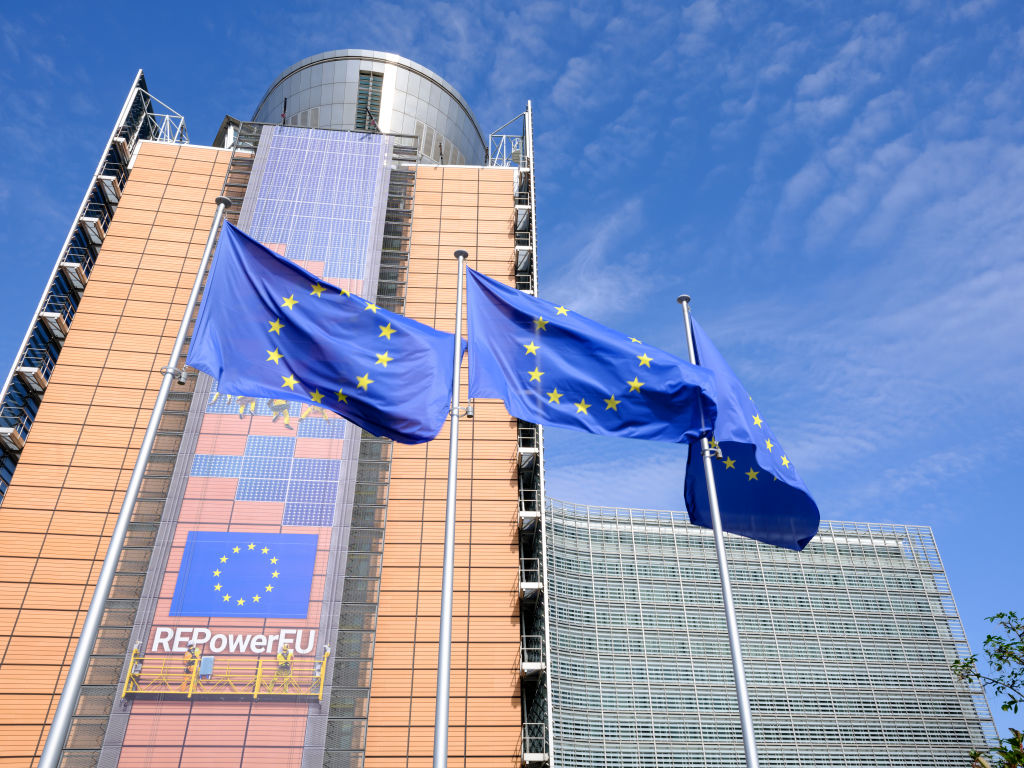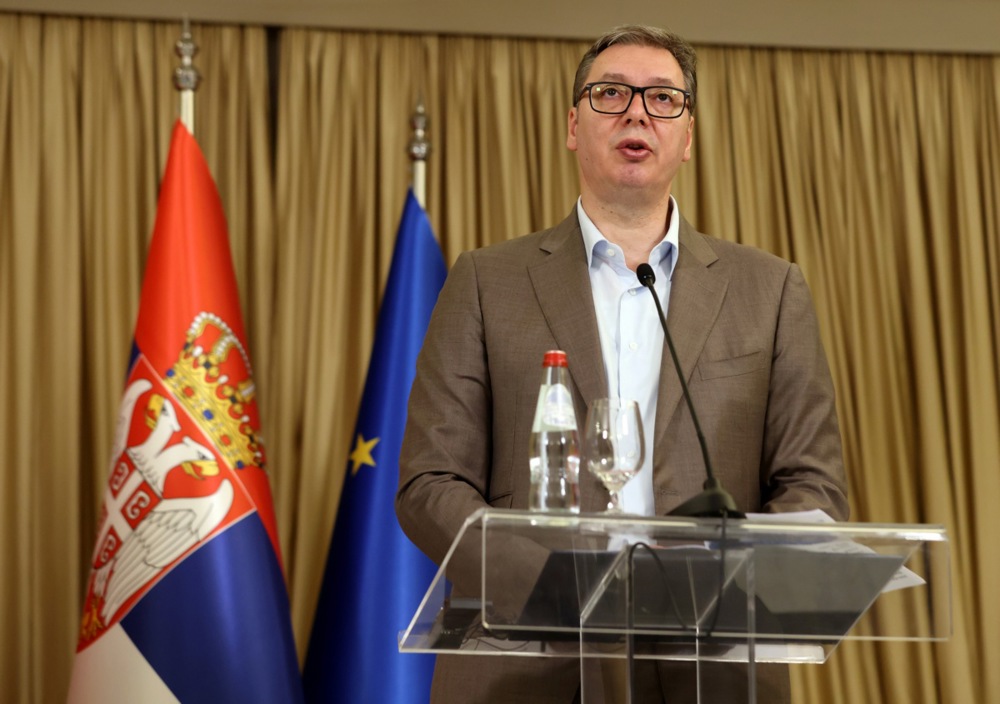Non-Eurofederalist recommendations for European Union treaty changes were rejected in bad faith, a senior Polish MEP has told Brussels Signal.
In an interview with Signal head of news Justin Stares, Jacek Saryusz-Wolski, a leading member of the European Conservative and Reformists Group (ECR), said his group’s amendments did not get so much as a second look.
That came as a cadre of Eurofederalist MEPs, led by Guy Verhofstadt, is energetically pushing for fundamental EU reforms that many say will mean more power being centralised in Brussels.
Saryusz-Wolski was the lead rapporteur for the ECR on the treaty reform project but resigned in July due to what he said was the unreasonable behaviour and intolerance of the other MEPs involved.
Asked if his proposals had been examined in good faith, Saryusz-Wolski’s answer was an emphatic “No.”
“They listened and they were silent and they say simply no. Why? Because no. It is contrary to their philosophy which is a centralist philosophy,” he said.
Treaty change is front-and-centre again in EU politics. Among the many drivers of the debate are the bloc’s recent crises such as the war in Ukraine, the COVID-19 pandemic and resulting lockdowns, and the need to transition to a “green economy”.
Many argue that the EU needs more concrete powers to deal with these and future crises and that the powers of Member States actually threatens to gridlock the EU when it needs to make crucial decisions.
Guy Verhofstadt and allied MEPs are pushing – again – for federalist reforms of the EU treaties.@CristianTerhes I @guyverhofstadt I @JSaryuszWolskihttps://t.co/tnHRR21UvK
— Brussels Signal (@brusselssignal) September 15, 2023
Saryusz-Wolski outlined an alternative approach for the bloc.
That included the introduction of a “red card” mechanism, which would allow national parliaments to have more influence over the EU legislative process. Under this proposal, if 50 per cent of national parliaments agreed, they could block the implementation of EU legislation.
Another proposal aim at establishing a special chamber within the European Court of Justice, to be known as a “subsidiarity chamber”.
Such a chamber would consist of the presidents of the national constitutional courts of Member States. Its purpose would be to safeguard the principle of subsidiarity, ensuring that EU institutions do not gain too much power.
“All those proposals,” said Saryusz-Wolski, were for “more democracy and more voice for Member States, and are not for taking away the power and voice of Member States and therefore citizens – but all of them were outright rejected.”
During an initial meeting in front of the Parliament’s constitutional committee, Saryusz-Wolski was one of few critical voices. He found himself being loudly heckled by other MEPs towards the end of his speech.
“You are six, there is one opposition, and you did not allow ID to participate, so don’t censor!” he had snapped back.
The European Parliament says that the European Union’s foreign policy leaves it open to the possibility of outside nations’ actions leading to a divide-and-rule situation within the bloc. https://t.co/ir4y4vUaOL
— Brussels Signal (@brusselssignal) September 21, 2023
Speaking in the Brussels Signal studios, he said that the ideology of Eurofederalism was about “replacing the European Union of sovereign states by a super state”. He added that Eurofederalism was “contrary to the common perception, not federal at all”.
“Because, under the classical definition of federalism, they are component members … [who] are more or less equal, while in the Union, the bigger countries have much more representation and influence than the small and medium.
“They are not at all equal, so it is rather anti-federal in the classical sense of the term, centralising, centralist project. To build a super state,” he added.
The full interview with Saryusz-Wolski will be published on the Brussels Signal website and YouTube channel on September 25.





